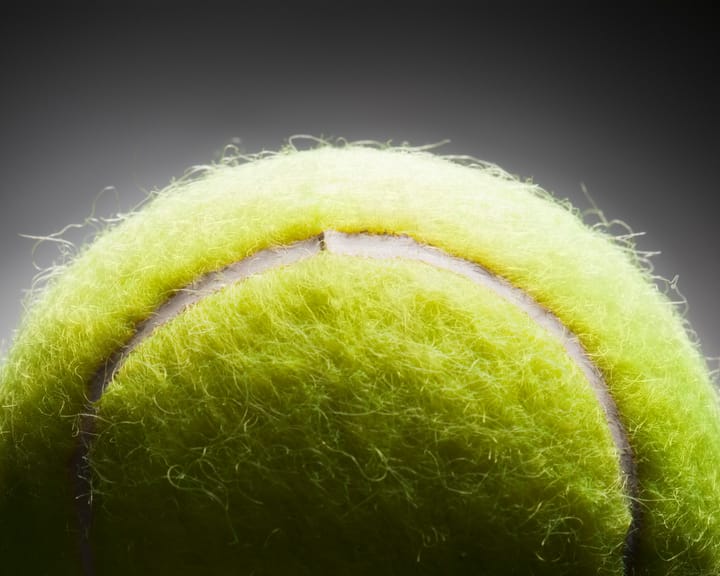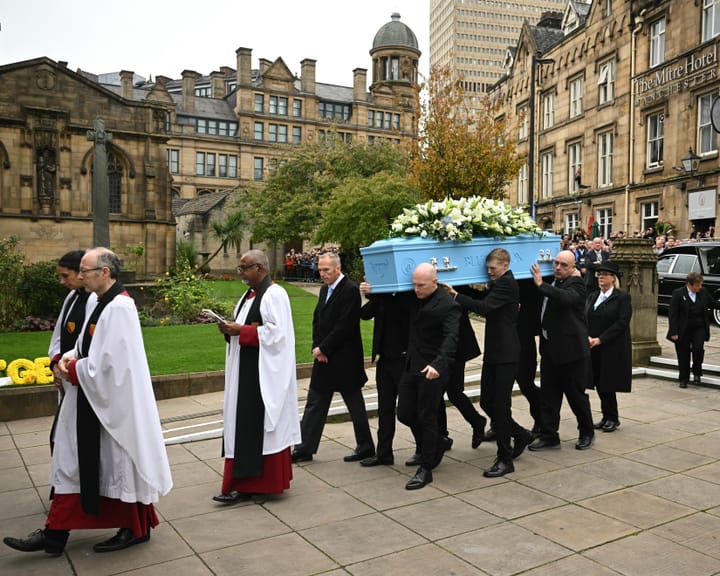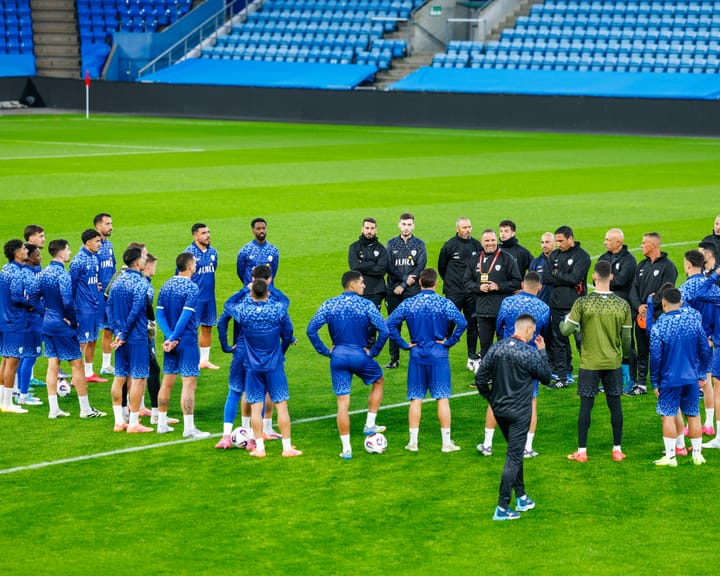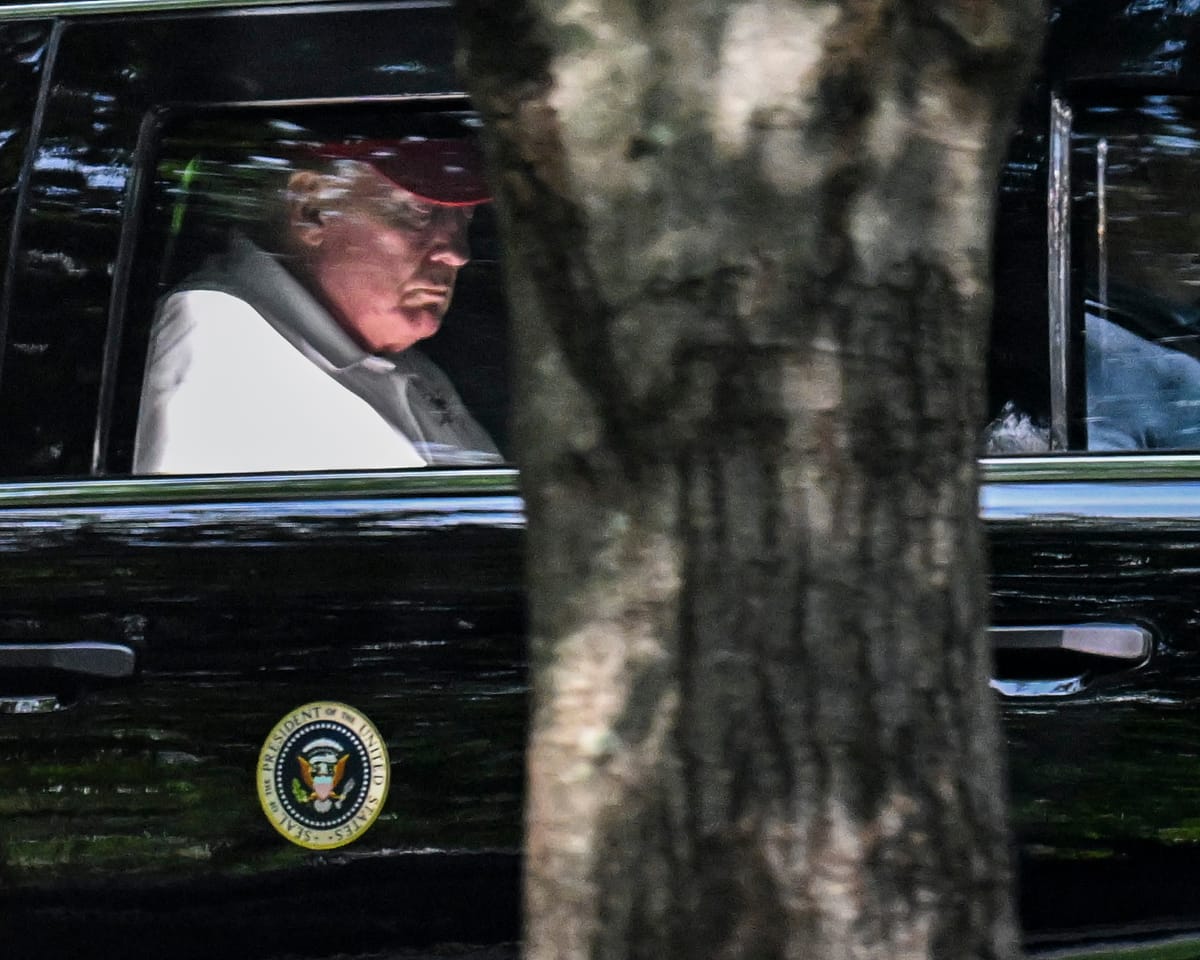When the excitement of Sunday’s highly anticipated US Open men’s final fades, the United States Tennis Association will release its annual report. It will highlight another historic tournament: over a million spectators in attendance, record engagement across digital platforms, significant growth in concession sales, and numerous well-known figures filling corporate suites. The USTA will celebrate its efforts to expand the sport’s reach, promote inclusivity, and elevate Flushing Meadows as a cultural hub.
But beyond these achievements, this year’s event will be remembered for an unprecedented misstep: the USTA’s unfortunate request that broadcasters avoid showing disapproval directed at Donald Trump. In making this unnecessary concession, the organization committed an unforced error—undermining its integrity to protect a political figure, regardless of affiliation, from public criticism.
Internal emails obtained by various media outlets revealed that the USTA had advised its broadcast partners to “refrain from showcasing any disruptions or reactions” if Trump appeared during the final. Another internal note mentioned he would be attending as a guest in a sponsor’s suite. When reached for comment, a USTA representative offered a vague statement: “We regularly ask our broadcasters to refrain from showcasing off-court disruptions.” The response was unconvincing, failing to justify the selective enforcement of this policy.
This is the same tournament that, two years ago, aired footage of a climate protester gluing himself to a seat during Coco Gauff’s semifinal match, among other fan disturbances. The US Open is no stranger to televised chaos, often embracing the rowdy atmosphere that defines its reputation. For the USTA to now censor dissent directed at a sitting president is not consistency—it’s surrender.
Why the sudden caution? Was it concern that Trump—once a frequent attendee but loudly booed in 2015 after announcing his presidential campaign—might again face criticism on a global stage? Or fear that audience disapproval could overshadow the match? Either way, such hesitation misjudges both sports and democracy.
Public dissent on broadcasts isn’t a threat to order—it’s a reflection of it. Former UK home secretary Theresa May was booed at the 2012 Paralympics. French president Emmanuel Macron was met with whistles during the 2023 Rugby World Cup opening ceremony. In the U.S., NFL commissioner Roger Goodell routinely hears jeers at public events, almost as if they’re part of the ritual.
Read next

"Fluffed Up: How Modern Tennis Balls Lead to Frustration and Injury"
Daniil Medvedev quickly realized he was in a difficult position at Roland Garros. Facing Britain’s Cameron Norrie in the opening round, he struggled to find his rhythm.
With his chances of progressing in one of the sport’s most prestigious events slipping away, the 29-year-old decided on an unusual

Manchester bids heartfelt farewell to beloved boxer Ricky 'the people's champion' Hatton
Thousands Gather in Manchester to Honor Ricky Hatton, Former World Champion Boxer
A large crowd filled the streets of Manchester on Friday to celebrate the life of Ricky Hatton, the former world champion boxer who passed away last month at the age of 46.
Hatton was widely admired in the

Heightened security and political strain loom over crucial Norway vs. Israel World Cup match
This will be the most heavily secured sports event in Norway since the 1994 Winter Olympics. Strict security measures are in place across Oslo, with a no-fly zone enforced over Ullevål Stadium. Amid the heightened precautions, it might be easy to overlook that Norway’s national team is close to

